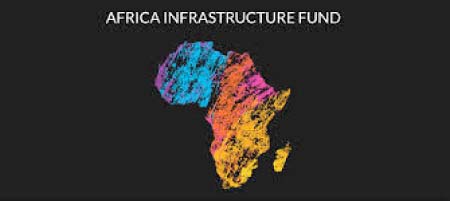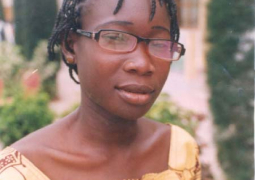
Press Release
BANJUL
– On Tuesday 28 April 2020, the Director General of the Gambia Tourism Board
(GTBoard) and the Chief Executive of the Africa Infrastructure Fund (AIF)
signed a Memorandum of Understanding to work together to undertake a
feasibility study for a proposed Elevated Mass Transit Rail System (EMTRS) in
the Greater Banjul Area (GBA).
The
feasibility study will investigate the commercial viability and operational
sustainability of a proposed EMTRS. This
will alleviate road traffic congestion experienced by travelers in the GBA. If
feasible, the proposed transit rail network will introduce a modern state of
the art, solar powered, intermodal and internodal system, that would transport
travelers safely, comfortably, affordably and for significantly reduced times.
This would lead to a drastic shift from vehicular road ridership, resulting in
less traffic congestion and travel times.
It will markedly improve air quality due to less emission from exhaust
fumes as ambient conditions improve over time. Furthermore, this modal shift
will lead to less carbon emissions due to reduced vehicles on roads along the
same corridors.
The
feasibility study will inter alia undertake technical, engineering, financial
and economic, institutional, land use, social and environmental assessment, and
stakeholder mapping and analysis. Also, meaningful and participatory
consultations with all stakeholders, including all relevant public (national
and sub-national) and private institutions, communities and potentially
affected groups will be done as part of the study. Furthermore, it will develop
an implementation plan and recommend the most viable and optimally feasible
project design, construction, operation and maintenance structure. Finally, the
study will also advise on the modalities to finance the proposed EMRTS through
a commercially viable private placement that will neither require nor incur any
contingent liabilities on the Government Budget.
The
feasibility study will explore a backbone network of routes with interconnected
segments, starting with the most optimal segment first, along the following
corridors;
• Brikama > Banjul International
Airport > Westfield Junction > Banjul
• Brikama > Banjul International
Airport > Brusubi Junction > Senegambia Junction > Kairaba Avenue
Traffic Light Junction > Westfield Junction > Banjul International
Airport
With
possibly the following interconnectors:
• Kartong > Gunjur > Brufut >
Brusubi > Sukuta > Bakoteh > Serrekunda > Westfield Junction
• Brikama > Banjul International
Airport
• Westfield Junction > Kanifing
Industrial Estates/Jimpex Junction > Banjul
The
procurement process to select the consulting firm contracted to undertake the
feasibility study will follow a two-step process, beginning with a request for
expressions of interest to establish a shortlist of technically sound and
qualified firms. Those firms will
subsequently be invited to submit their proposals. The study is expected to be
carried out over a six- to ten-month period.
After
the conclusion of the feasibility study, a task force made up of
representatives of all relevant stakeholders will be established to implement
the recommendations of the feasibility study.
Read Other Articles In Article (Archive)
Convicted woman, fined D3,000
May 15, 2015, 9:55 AM



